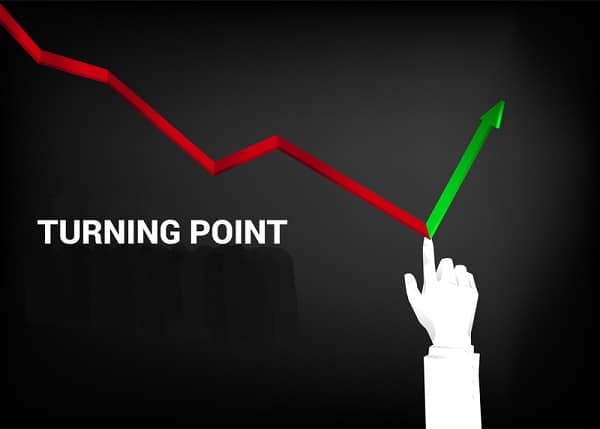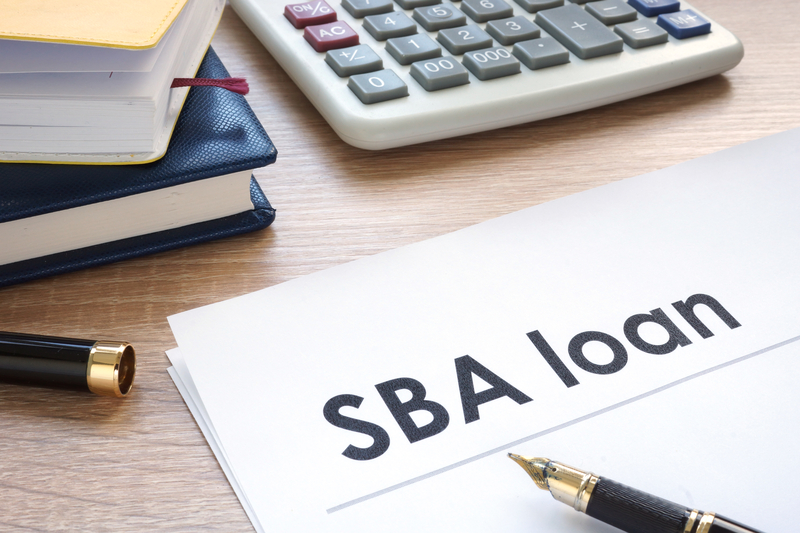COVID19 has clearly thrown a wrench into the plans of business owners that were preparing to sell their business, or has it?
Businesses that were forced to shut down during the Stay Home or Shelter in Place orders may find it necessary to either postpone the sale or reduce the price of your business based on the current market conditions. However, businesses that have been able to continue to operate such as essential service providers will be in high demand during and after the pandemic is over. Likewise, businesses that are able to recover quickly after being forced to shutdown or slowdown during the pandemic will also be in demand as our economy recovers.
What will be the impact of COVID-19 on Business Values and Marketability?
Business sales/transactions have plummeted during the pandemic because many sellers have pulled their businesses from the market or decided to wait until the pandemic passes to put their business on the market. Likewise, many buyers are now on the sidelines waiting for this to pass and businesses to be broadly open again before they are comfortable with the economic climate and the general health and safety risks associated with the pandemic . With that being said, Pacific Business Sales has had several offers on businesses we represent and several transactions in escrow during the pandemic. These are businesses that have been able to continue operating because they are essential services or e-commerce businesses.
Of course the larger question is what will happen once the Stay at Home orders are lifted and businesses are open again?
Business Values after COVID-19
Businesses are valued based on cash flow, more specifically Discretionary Earnings (DE) and a multiple is applied to the DE. Valuation multiples are based on the size of the business and it’s industry, these multiples do not change much over time or with the economy. For example the multiples in previous economic down turns remained relatively the same, including during 2008. Business values do drop as a result of an economic downturn due to a drop in Discretionary Earnings.
What will determine the value of your business after the pandemic is over is the DE the business is generating at that time. Post COVID-19 valuations can take into account the economic impact of the pandemic by normalizing the company’s revenue and earnings during that period. Below we discuss how businesses will be valued going forward and how revenue and earnings will be adjusted to account for the impact of COVID-19.
SBA Financing and Valuations
We have spoken with our top SBA lenders about the impact of COVID-19 on business valuations and financing for the purchase of a business. The lenders understand that many businesses will see a significant drop in sales during the pandemic and stay at home orders. Underwriting guidelines will be modified to account for this event and to normalize the company’s revenue and earnings.
The approach bank underwriters and business appraisers (valuation analysts) will be using is as follows. Revenue and earnings during the pandemic and until the Stay at Home Order is lifted will be removed and replaced with average sales and earnings figures from the previous year or perhaps a 3 year average. This will normalize the revenue and earnings to remove this catastrophic event from the revenue, earnings and valuation.
Preparing Your Business for Sale After COVID-19
If your business was not affected by the Stay at Home orders and COVID-19 then preparing your business for sale will follow the normal steps. If your business was shut down or had a substantial slowdown there will be additional action to take. We have outlined the Post COVID-19 steps to prepare your business for sale below.
Preparing to Sell Your Business after COVID-19 Pandemic & Stay at Home Orders
- Recovery & Stability:
As businesses open and recover the key thing buyers and SBA lenders will be looking for is financial recovery and stability. No one expects any business to recover instantly, but they will be looking for solid indications the business is recovering and getting back on track. Obviously you have a huge motivation to do this as quickly as possible regardless of the prospective sale, but this is also a factor in selling the business. - Financial Books & Records:
Books and records are always important in the sale of a business and post pandemic they will be even more important. It is vital that you have good books and records showing the costs associated with the shut down or slow down as well as documentation of any one time costs related to the pandemic. It will be important to have your 2019 Tax Return prepared and ready to file plus all of your financial records in order for the past 3 years to prove revenue and expenses that correlate to the same timeframe as the COVID-19 timeframe.
For companies that continued to operate during the Stay at Home orders it will be important to document any extraordinary expenses during that time and document the sales and earnings during that time as well as afterward.
After businesses reopen it will be important to have good books and records showing your recovery, new orders, revenue, customers, earnings and actions taken to recover. - Operations & Infrastructure:
Infrastructure is a major selling point with buyers. It doesn’t necessarily directly add value, but it definitely makes a business more marketable and sell more quickly.
If your business is shut down or has slowed down now is a great time to work on systems and procedures, get organized and improve your infrastructure. - Marketing:
As with infrastructure, having a marketing program in place does not directly add value, but it does make the business more attractive to buyers. Likewise, a good marketing program should improve your sales and speed the recovery of your business which will increase the value of the company. - Customer Concentration & Stability:
Customer concentration and stability is always important to both buyers and lenders. During the recovery customer retention will be key. Of course many of your customers will be recovering too and of course this is expected and understandable. The key thing will be able to show the customers have been retained. - Staff:
Staff is also always important to buyers, and conversely businesses that are heavily reliant on the owner are very difficult to sell, often selling at discounts. If you have staff it will be important to ensure they return to work when your business reopens. If you are shut down or have slowed down now is a great time to think about how you can improve your staff, how to delegate more of your work, and build a better team. Businesses with a solid staff and that are less reliant on the owner are much more marketable.
Selling a Distressed Business During COVID-19
If your business is distressed because of COVID-19 and the Stay at Home orders it can still be sold. Distressed businesses sell at very steep discounts, often for the value of the assets, but they can be sold even during this time.
Information Required for a Distress Sale
- General business information:
- business name, address, corporation name
- Type of business
- Years established
- Building square footage and type
- Number of employees
- Equipment list (we will send this to you)
- Financial Statements
Note if the business is closed and this will be an asset liquidation sale the information below is not required. If the business is open or likely to reopen the information below will be required.- 2020 P&L by Month
- Last 3 years Tax Returns (Federal only)
- Last 3 years P&Ls
More information on Buying and Selling a Business
- How to Secretly Sell Your Business
- Steps in Buying a Business
- Steps in Selling a Business
- “Own Your Future, Straight Talk about How to Buy a Business and Build Your Future” by Bill Grunau
- Stock vs Asset Sale in the Purchase – Sale of a Business
- FAQs Buying a Business
- FAQs Selling a Business
- SBA Financing





